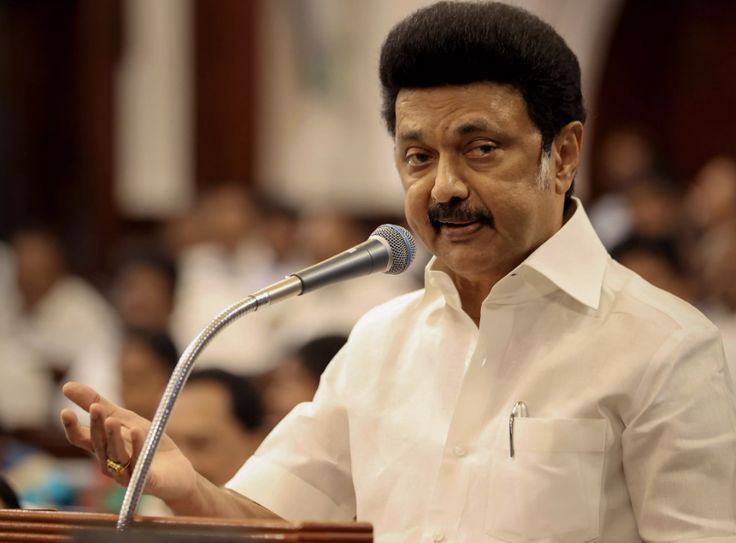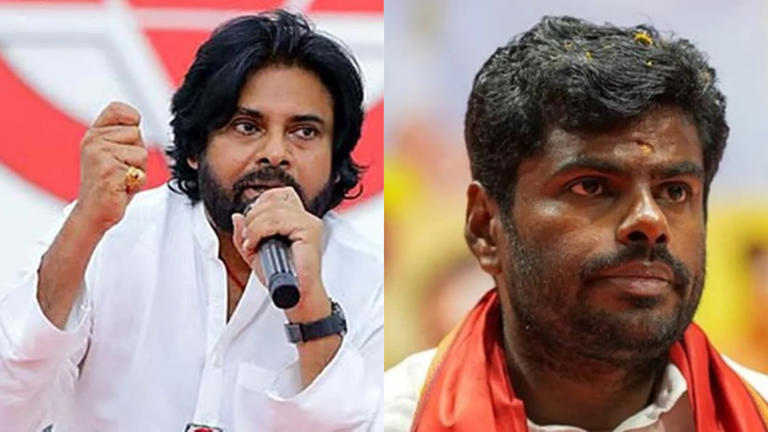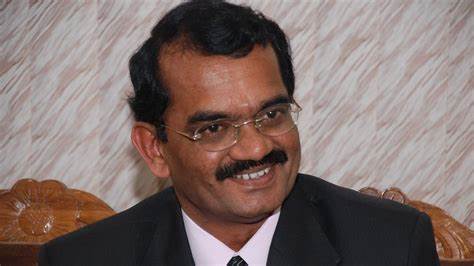What Is the Supreme Court Verdict and Why Does It Matter?
Tamil Nadu Chief Minister M.K. Stalin has openly criticized a recent move by President Droupadi Murmu, who sought the Supreme Court’s opinion on a verdict that set strict timelines for Governors and the President to approve state bills. This issue, which unfolded on May 15, 2025, has sparked debates about state autonomy, federalism, and the role of Governors in India.
On April 8, 2025, the Supreme Court made an important decision after Tamil Nadu challenged its Governor, R.N. Ravi, for delaying assent to ten bills passed by the state legislature. The Court ruled that Governors must decide within three months if they want to withhold assent or send a bill to the President for review. If the state legislature passes the same bill again, the Governor must approve it within one month. Similarly, the President must act within three months if a bill is sent to her, and explain any delays. This verdict was a big win for Tamil Nadu because it stopped Governors from delaying bills indefinitely, ensuring state governments can work without unnecessary hurdles. It also strengthened the idea of state autonomy, which means states should have the freedom to make their own laws without interference from the central government or its appointed Governors.
Why Is CM Stalin Condemning the Presidential Reference?
President Droupadi Murmu, using her powers under Article 143(1) of the Constitution, asked the Supreme Court 14 questions about whether these timelines can be enforced since the Constitution doesn’t mention them explicitly. CM Stalin strongly opposed this move, calling it an attempt to weaken the Supreme Court’s earlier ruling.
Tamil Nadu CM MK Stalin says, "I strongly condemn the Union Government’s Presidential reference, which attempts to subvert the Constitutional position already settled by the Hon’ble Supreme Court in the Tamil Nadu Governor’s case and other precedents." pic.twitter.com/EXF8BdSqrm
— ANI (@ANI) May 15, 2025
He believes the Tamil Nadu Governor delayed the bills on purpose, acting on instructions from the BJP-led Union Government to undermine the state’s elected government. Stalin argues that this Presidential reference threatens state autonomy by trying to give Governors more power to delay bills, which could paralyze states not ruled by the BJP. He also sees it as a challenge to the Supreme Court’s authority as the final interpreter of the Constitution, accusing the Union Government of using Governors as agents to control opposition-led states.
What Could Happen Next and Why Should We Care?
Stalin has called on all non-BJP states to join Tamil Nadu in a legal fight to protect the Constitution and state rights. He questions why the Union Government opposes time limits for Governors and suggests they want to legitimize delays to obstruct state legislatures. This issue is bigger than just Tamil Nadu—it affects how power is shared between the central government and states in India’s federal system. If the Supreme Court agrees with the President’s concerns, Governors might gain more power to delay bills, which could weaken elected state governments. However, if the Court upholds its earlier verdict, it could strengthen state autonomy and ensure smoother governance. This situation also highlights growing tensions between the BJP-led central government and opposition-ruled states, showing how national politics can impact local governance. For citizens, this matters because delays in passing bills can slow down important state policies on education, healthcare, and more, directly affecting their lives.





















